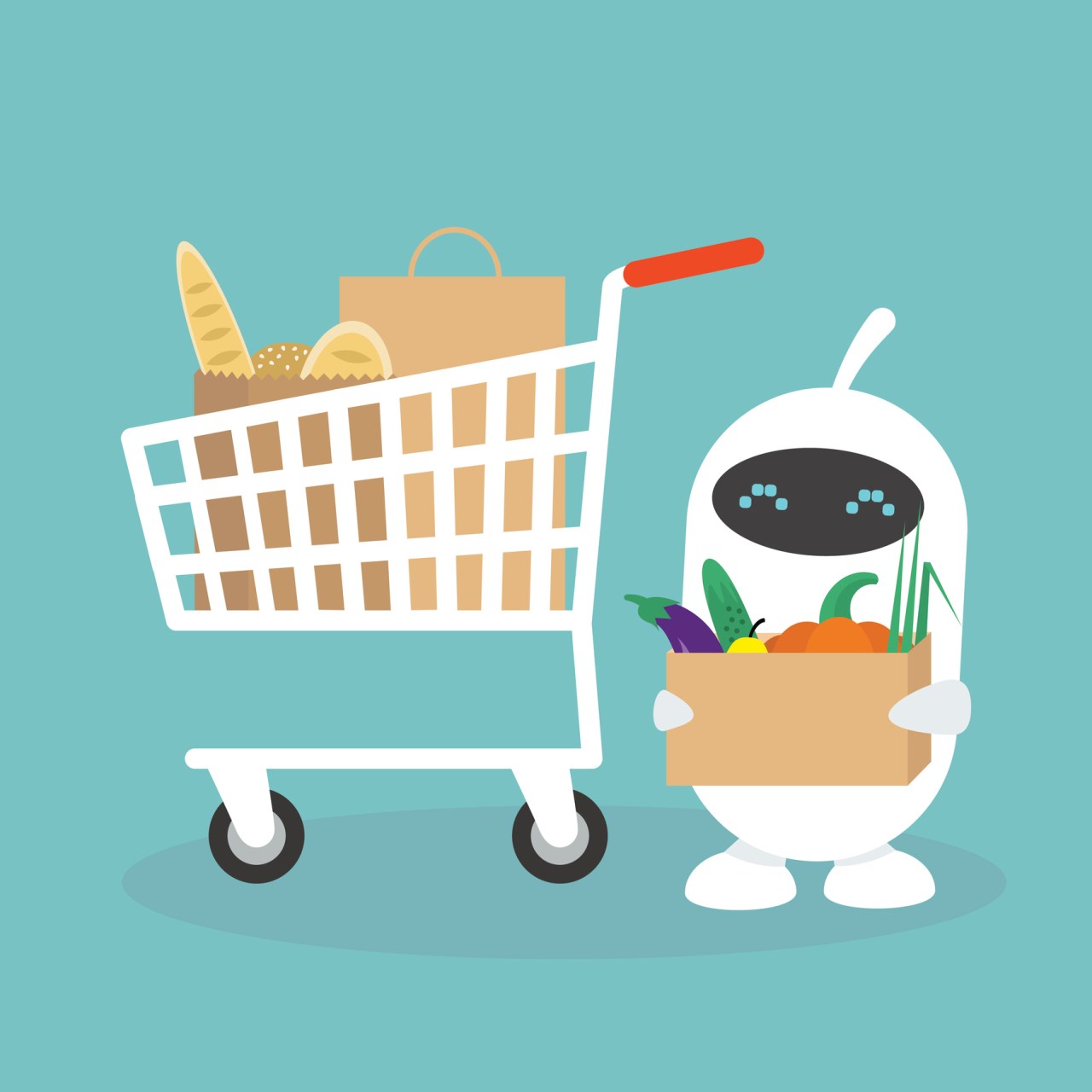As we navigate through the 21st century, the integration of artificial intelligence (AI) into our everyday lives is pushing the boundaries of what we once thought possible. Radio waves to smart devices, AI is no longer merely an abstract concept; it finds its applications across diverse fields. One fascinating area gaining traction is the world of agriculture, particularly in how it will revolutionize supermarket produce aisles. Imagine stepping into a store filled with fresher, nutrient-rich options at more attractive prices—all thanks to technological advancements in AI-driven farming.
Democratizing Expertise: The Role of AI in Agriculture
One of the most remarkable aspects of AI is its potential to democratize expertise, making sophisticated knowledge available to anyone willing to learn. Traditionally, agriculture relied heavily on the intuition and experience of seasoned farmers. However, these subjective methods can sometimes lead to unpredictability in crop yield. With machine learning algorithms capable of analyzing vast datasets, even novice farmers can optimize their strategies to ensure successful harvests.
- Data-Driven Decision Making: Remote sensors that monitor soil quality, temperature, and moisture levels can provide invaluable insights that guide farmers in their decision-making.
- Reducing Uncertainty: AI removes much of the guesswork from agriculture by processing data in real time, allowing farmers to adapt their methods to the ever-changing conditions.
The Chaos of Agriculture: A Unique Challenge for AI
Unlike the more structured environment of a city, where roads provide a consistent frame of reference, the agricultural field is an unpredictable domain. Weather variations, pest invasions, and geographic discrepancies complicate matters. The challenges of agriculture are multifaceted—no two plots of land are the same, which complicates yield predictions. Here, AI proves its mettle by transcending traditional farming constraints. For instance, through machine learning, algorithms can analyze years of weather patterns alongside crop health data, making it possible to forecast what may happen next…
Enhancing Crop Quality through Machine Learning
A crucial aspect of AI’s role in agriculture lies in crop improvement. Not only can algorithms assist farmers in better planning their operations, but they also support the delicate process of breeding superior plant varieties. By leveraging AI, breeders can identify traits in parent plants that contribute to resilience against drought or pests, thus ensuring that the strongest variations reach the consumer’s plate.
- Accelerating Plant Breeding: AI can help analyze genetic traits faster than traditional methods, ensuring the quicker introduction of robust crops in the market.
- Improving Taste and Shelf Life: AI doesn’t just aim for survivability; it also focuses on the quality aspects, enhancing the sensory characteristics of fruits and vegetables.
Precision Agriculture: A Wider Reach for Advanced Technologies
The rise of precision agriculture marks a significant turning point, enabling more widespread access to advanced farming techniques. With the aid of drones, satellite imaging, and other innovative tools, farmers can gain situational awareness that was unimaginable a few decades ago. These technologies generate an overwhelming amount of data, and machine learning algorithms sift through this wealth of information to produce actionable insights.
The Ripple Effects: Benefits for Consumers
The implications of AI in agriculture extend far beyond the fields—supermarkets will inevitably follow suit. As farmers become more efficient, the produce funneling into grocery stores will be fresher and of better quality than ever before. This evolution will lead to:
- Lower prices for consumers as farming becomes more efficient and cost-effective.
- A greater variety of healthier options, paving the way for better eating habits.
- Environmental sustainability as AI enables smarter resource management in farming practices.
Conclusion: A Sustainable Path Forward
It is clear that artificial intelligence is poised to change the agricultural landscape and, by extension, the supermarket produce aisles we navigate. The ability to make well-informed decisions, enhance plant quality, and democratize farming expertise leads to a more sustainable and efficient agricultural future. This transformation isn’t just about making better food available—it’s about redefining how we think about what appears on our plates.
At fxis.ai, we believe that such advancements are crucial for the future of AI, as they enable more comprehensive and effective solutions. Our team is continually exploring new methodologies to push the envelope in artificial intelligence, ensuring that our clients benefit from the latest technological innovations.
For more insights, updates, or to collaborate on AI development projects, stay connected with fxis.ai.

